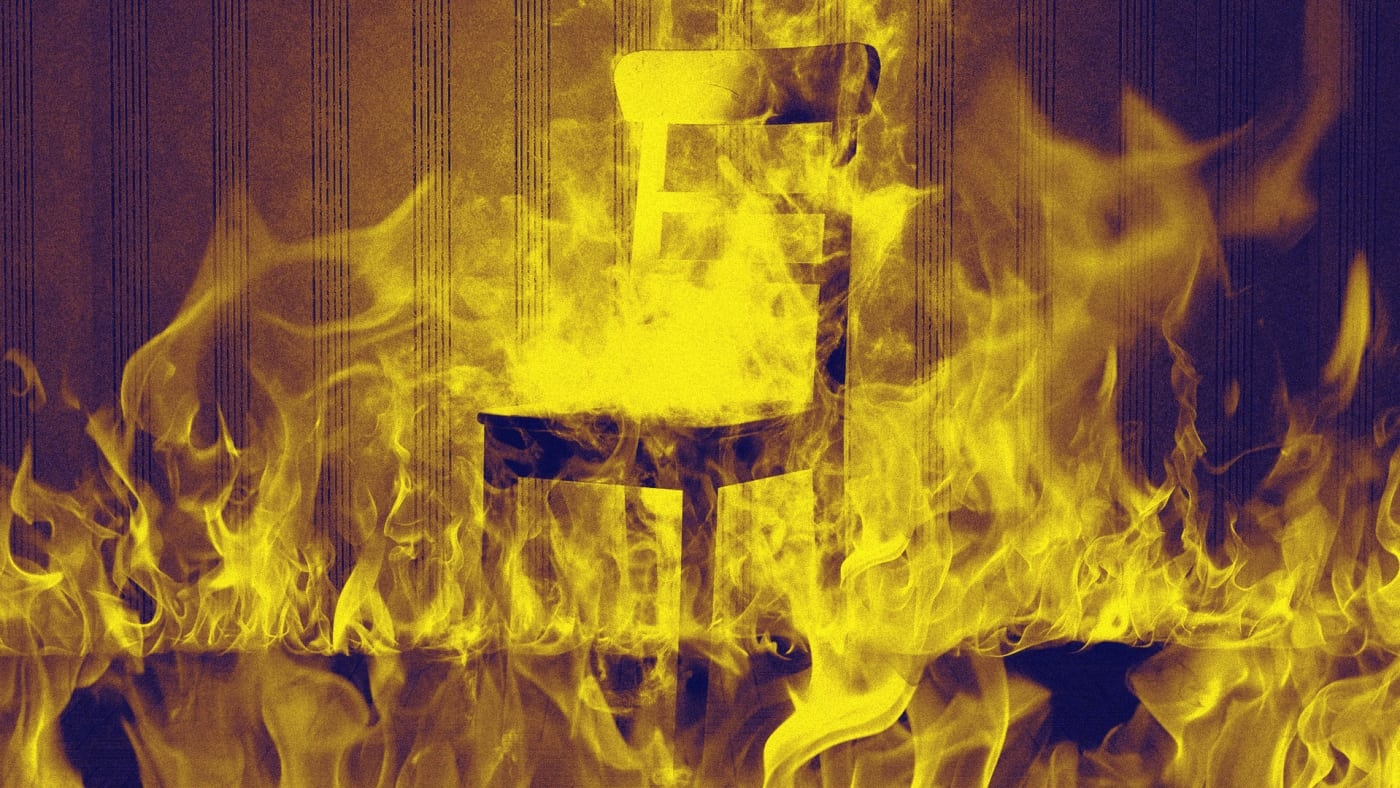The Trump admin says screw it, the world will burn by 2100 no matter what
It’s not that the Trump administration does not know climate change is happening. It knows. It’s just choosing to do nothing about it.
Burried in 500-page environmental impact assessment released last month by the National Highway Traffic Safety Administration, the Washington Post found the government had made the following prediction: By 2100, if current standards remain unchanged, the planet will warm by 7 degrees Fahrenheit, or 4 degrees Celsius. Little explanation is needed as to why this would be catastrophic. Scientists have already urged leaders to try to keep global warming constrained below 2 degrees Celsius–ideally 1.5 degrees–because even that slight lift could exacerbate the types of climate shifts, from hurricanes to heat waves, that are already devastating communities across the globe. Now imagine those effects doubled. Coral reefs would dissolve, large swaths of the planet would become uninhabitable, coastal cities would disappear.
Despite officials at NHTSA spelling out this future in no uncertain terms, the Trump administration’s response is to throw up its hands and say: We’re screwed anyway, so why stop now?
The environmental impact assessment was drafted as justification for the Trump administration’s rollback of Obama-era fuel efficiency standards for any vehicles built after 2020. While the administration acknowledges that the rollback will increase the supply of carbon floating into the atmosphere and causing global warming, it’s proposing that any climate action is essentially futile: The report predicts that even if fuel efficiency standards are held in place, global temperatures will still rise by 3.5 degrees Celsius before the end of the century.
As Michael MacCracken, who served as a senior scientist at the U.S. Global Change Research Program from 1993 to 2002, told the Washington Post: “The amazing thing is they’re saying human activities are going to lead to this rise of carbon dioxide that is disastrous for the environment and society. And then they’re saying they’re not going to do anything about it.”
Abdicating responsibility for emissions from vehicles is just one of many ways that the Trump administration is failing the global fight against climate change: Donald Trump has also pledged to lower emissions standards for aging coal plants and oil and gas operations; he’s also withdrawn the U.S. from the Paris Agreement, a global compact among world leaders to at least do their very best to keep global warming under that 2-degree threshold. And while it’s true that efforts toward mitigating climate change, whether it be accelerating progress on electric vehicles or dramatically ramping up solar and wind energy usage, may still not be enough to meet that goal, they will certainly leave us in a better place than doing nothing.
But ultimately, this latest revelation out of the Trump administration hardly comes as a shock. The president, whether in his business dealings or throughout his tenure in office so far, has demonstrated a consistent strategy of prioritizing immediate profit over long-term sustainability. Permitting unmitigated burning of fossil fuels and easing up regulations on automakers will allow those businesses to continue to profit, and indeed, players in those industries are among the few condoning Trump’s approach. With the president’s policies, now confirmed by his own administration, ushering this century toward a veritable hell scape, local leaders must double down on their efforts to advance climate action strongly enough to counteract backsliding at the federal level.
(26)



